Cortisol, a steroid hormone, is often associated with stress. However, its role extends beyond just managing stress levels. It's a crucial component in our body's functioning, influencing various processes such as metabolism, immune response, and blood pressure regulation. Understanding cortisol and its impact on our health is essential for maintaining overall well-being.
This hormone, produced by the adrenal glands, is a key player in our body's 'fight or flight' response. When we encounter stressful situations, cortisol levels rise, preparing our body to respond effectively. However, prolonged high cortisol levels can lead to health issues, making it crucial to understand and manage our cortisol levels.
If you are looking for ways to balance your cortisol levels, keep reading. In this article, we’ll explore ways to lower your cortisol levels and achieve the equilibrium you need using supplements.
What is Cortisol and its Role in the Body?
Cortisol, often referred to as the 'stress hormone', is a steroid hormone produced by the adrenal glands. It plays a crucial role in various bodily functions, including the regulation of blood sugar levels and blood pressure. When the body is under stress, the level of cortisol rises, preparing the body to respond to the perceived threat. This is part of the body's natural 'fight or flight' response.
High cortisol levels over a prolonged period can lead to a range of health issues and symptoms. These include high blood pressure, weight gain, and even conditions such as diabetes.
Cortisol is primarily regulated by two glands in the body - the pituitary gland and the adrenal gland. The pituitary gland, located at the base of the brain, releases a hormone known as adrenocorticotropic hormone (ACTH).
ACTH signals the adrenal glands, situated atop the kidneys, to produce and release cortisol into the bloodstream. This process is a part of the body's larger system known as the hypothalamic-pituitary-adrenal (HPA) axis.
The level of cortisol in the body fluctuates throughout the day, typically peaking in the morning and gradually declining throughout the day. This is why you may feel most energetic in the morning and tired by the evening.
However, when the body is under stress, the level of cortisol can rise. This is because cortisol helps the body respond to stress by increasing blood sugar and blood pressure, ensuring that the body has enough energy to deal with the stressful situation.
Symptoms of High and Low Levels of Cortisol
High cortisol levels, often linked to conditions like Cushing's syndrome, can manifest in various ways, including weight gain and muscle weakness. On the other hand, low cortisol levels, associated with conditions such as Addison's disease, can lead to symptoms like muscle weakness and low blood pressure.
Recognising the Symptoms of High Cortisol Levels
- Persistent fatigue: Despite getting adequate sleep, you may still feel tired and drained. This is a common symptom of high cortisol levels.
- Weight gain: Unexplained weight gain, particularly around the abdomen, can be a sign of high cortisol. This doesn't necessarily correlate with an increase in appetite or changes in diet.
- Muscle weakness: High levels of cortisol can lead to muscle weakness, making everyday tasks more challenging.
- Mood swings: You may experience mood swings, anxiety, or depression. These emotional changes can be a result of high cortisol levels affecting your brain's chemical balance.
Identifying the Symptoms of Low Cortisol Levels
- Unexplained weight loss: Low levels of cortisol can lead to sudden and unexplained weight loss. This is due to the body's inability to properly metabolise and utilise nutrients.
- Muscle weakness: A common symptom of low cortisol levels is muscle weakness. This is because cortisol plays a crucial role in maintaining muscle strength and function.
- Low blood pressure: Cortisol helps regulate blood pressure. When cortisol levels drop, blood pressure can also decrease, leading to symptoms such as dizziness and fainting.
- Fatigue: Chronic fatigue, despite adequate rest and sleep, is another sign of low cortisol levels. This is because cortisol is involved in energy production and regulation.
What Causes High Levels of Cortisol?
High cortisol levels, often referred to as hypercortisolism, can be triggered by a variety of factors. One of the primary causes is the presence of benign pituitary gland tumors. These non-cancerous growths can stimulate the adrenal glands to produce excessive amounts of cortisol, leading to a high cortisol level.
Another significant cause of high cortisol levels is adrenal gland tumours. These can be either benign or malignant, with the latter being adrenal cancer. Both types can result in the overproduction of cortisol, contributing to the high level.
It's also worth noting that certain medications can cause high cortisol levels. These include corticosteroids, which are often used to treat conditions like asthma and arthritis. Chronic stress is a common cause of high cortisol. The body's response to prolonged stress often involves the release of excess cortisol, which can lead to a high level.
Understanding these causes is crucial for managing and reducing high cortisol levels. It allows for targeted treatment and prevention strategies, ultimately improving overall health and well-being.
What Leads to Low Levels of Cortisol?
Low cortisol levels, often referred to as adrenal insufficiency, can be a result of various factors. One of the primary causes is damage to the adrenal glands, which are responsible for producing cortisol. This damage can be due to an infection, a tumour, or even prolonged use of corticosteroid medications.
Secondary adrenal insufficiency is another cause of low cortisol levels. This occurs when the pituitary gland fails to produce enough adrenocorticotropic hormone (ACTH), which stimulates the adrenal glands to produce cortisol.
In rare cases, a benign pituitary gland tumour can also lead to low cortisol levels. This is because the tumour can interfere with the pituitary gland's ability to produce ACTH.
Understanding the cause of low cortisol levels is crucial for effective treatment. It's always advisable to consult a healthcare professional if you suspect you may have low cortisol levels.
Diagnosing Abnormal Cortisol Levels
Identifying abnormal cortisol levels is crucial in diagnosing and managing conditions like Cushing's syndrome. This process involves a series of tests, including blood and urine tests, and a dexamethasone suppression test. These tests are designed to measure the level of cortisol in your body and observe how it responds to certain stimuli.
When Should You See a Doctor?
If you're experiencing symptoms such as chronic fatigue, unexplained weight gain or loss, or persistent headaches, it might be time to see a doctor. These could be signs of abnormal cortisol levels.
A doctor can measure the level of cortisol in your body through a blood test or a cortisol urine test. These tests can help identify if you have a high cortisol level, which can lead to conditions like Cushing's syndrome.
Early detection is key in managing any health condition. So, don't hesitate to consult a healthcare professional if you suspect your cortisol levels might be off balance.
Understanding Blood and Urine Tests for Cortisol Levels
To diagnose abnormal cortisol levels, two primary tests are typically employed: blood tests and urine tests. A blood test, as the name suggests, involves drawing blood to measure the level of cortisol present. This test is usually conducted in the morning when cortisol levels are naturally at their highest.
Urine tests, on the other hand, require a 24-hour urine sample. This test is designed to measure the level of cortisol excreted in the urine over a full day. It provides a more comprehensive picture of your cortisol level as it accounts for fluctuations throughout the day.
What is a Dexamethasone Suppression Test?
The Dexamethasone Suppression Test (DST) is a specific procedure used to assess adrenal function by measuring how cortisol levels in the body respond to an external stimulus. This test involves administering a synthetic steroid called dexamethasone, which mimics the effects of cortisol, the hormone produced by the adrenal glands.
The body's response to dexamethasone is then monitored. In a healthy individual, the introduction of dexamethasone should suppress the production of cortisol. However, if cortisol levels remain high, it may indicate a condition like Cushing's syndrome.
Understanding your cortisol levels is critical to maintaining a healthy lifestyle. If you suspect your levels may be high, don't hesitate to see a doctor and discuss the possibility of a dexamethasone suppression test.
How to Reduce High Cortisol Levels
There are several ways to keep cortisol levels in check, whether through lifestyle changes or medical treatments.
Remember, while it's important to reduce cortisol, it's equally vital to maintain a balanced lifestyle. This not only helps manage high cortisol levels but also contributes to overall well-being.
Lifestyle Changes to Reduce Cortisol Levels
- Regular Exercise: Engaging in regular physical activity can help reduce cortisol levels. Exercise stimulates the production of endorphins, the body's natural painkillers and mood elevators, which can counteract the effects of high cortisol.
- Healthy Diet: Consuming a balanced diet rich in fruits, vegetables, lean proteins, and whole grains can help maintain a healthy cortisol level. Avoiding high-sugar foods and caffeine can also prevent a cortisol level rise.
- Stress Management: Techniques such as meditation, yoga, and deep breathing exercises can help reduce the risk of high cortisol levels by promoting relaxation and reducing stress.
- Supplements: Taking supplements can greatly improve your cortisol levels. Ashwagandha is an adaptogen that helps reduce stress and anxiety. Magnesium, an essential mineral, helps regulate stress response. Magnesium deficiency is often associated with elevated cortisol. L-Theanine, found in green tea, promotes relaxation without drowsiness and can help manage stress and cortisol levels.
These lifestyle changes are not just about reducing high cortisol levels, but also about promoting overall health and well-being.
Final Thoughts on Understanding and Managing Cortisol Levels
Understanding cortisol levels is crucial for maintaining overall health. It's important to remember that lifestyle changes can significantly reduce high cortisol levels.
Life can be chaotic, but your mind and body don't have to be. Sentro Labs' Equilibrium is your go-to solution for managing stress and maintaining healthy cortisol levels. Packed with powerful ingredients like Ashwagandha, Magnesium, and L-Theanine, this supplement is designed to help you stay balanced, focused, and resilient in the face of daily challenges. Whether navigating a demanding career, family responsibilities, or just trying to keep up with life’s pace, Equilibrium can help you find the calm you need to thrive.
Ready to achieve balance? Click here to experience the calming power of Equilibrium today.




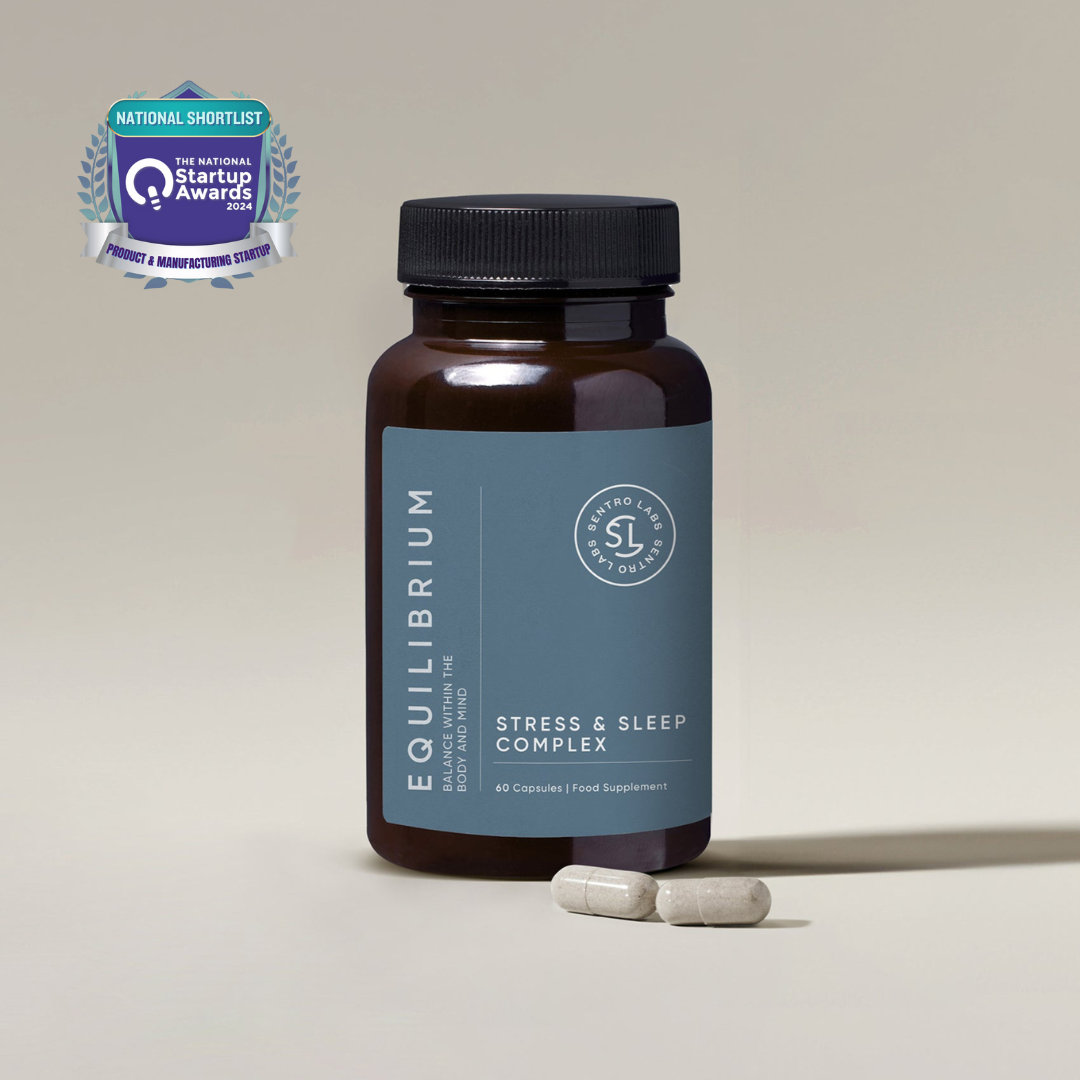


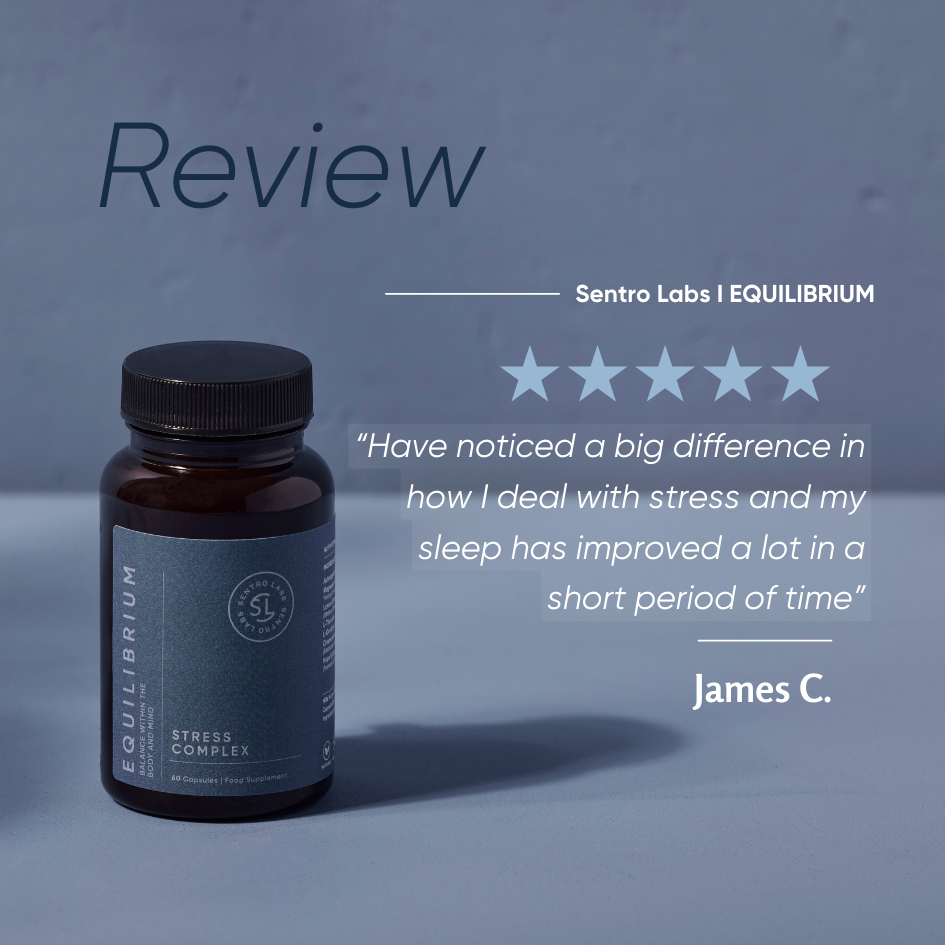
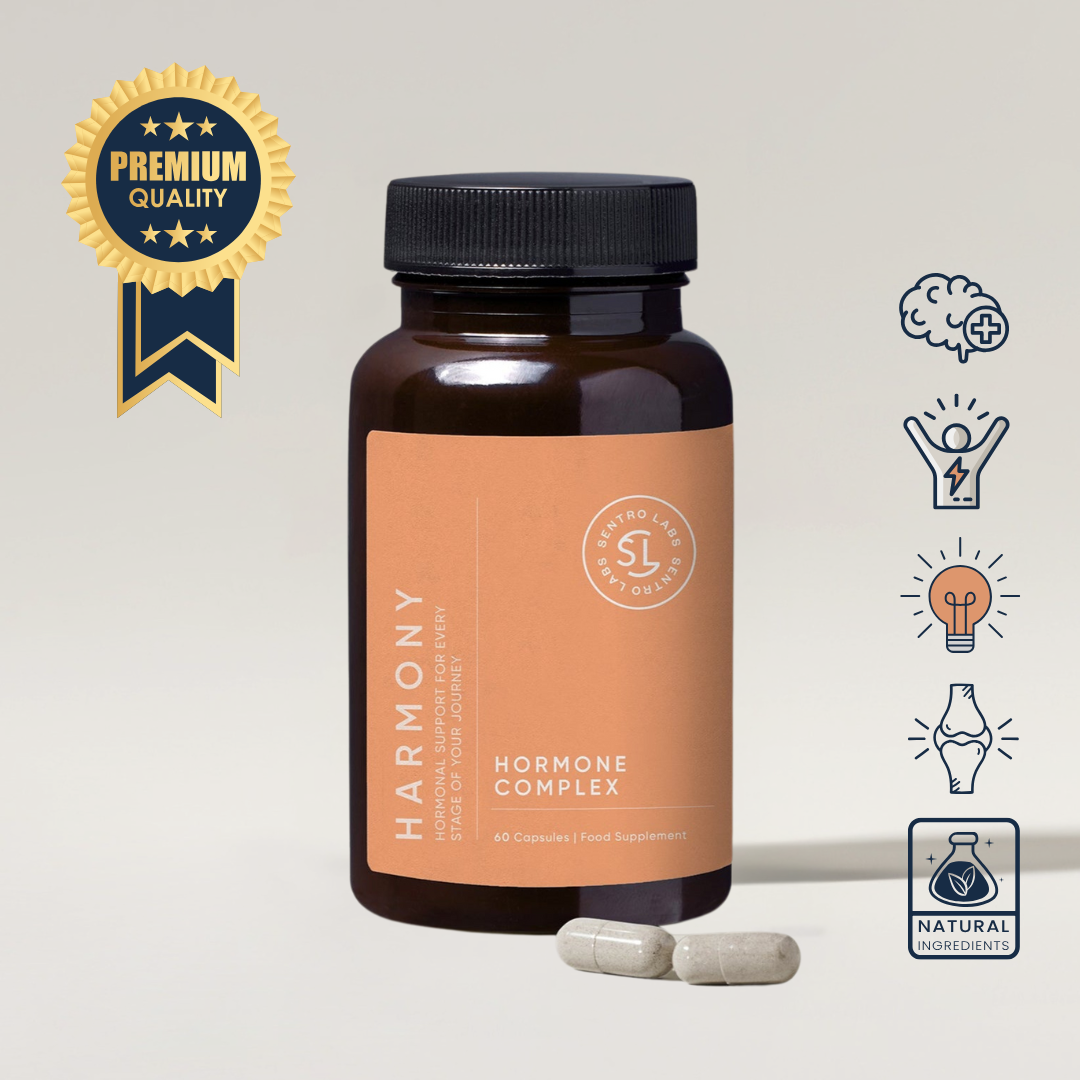


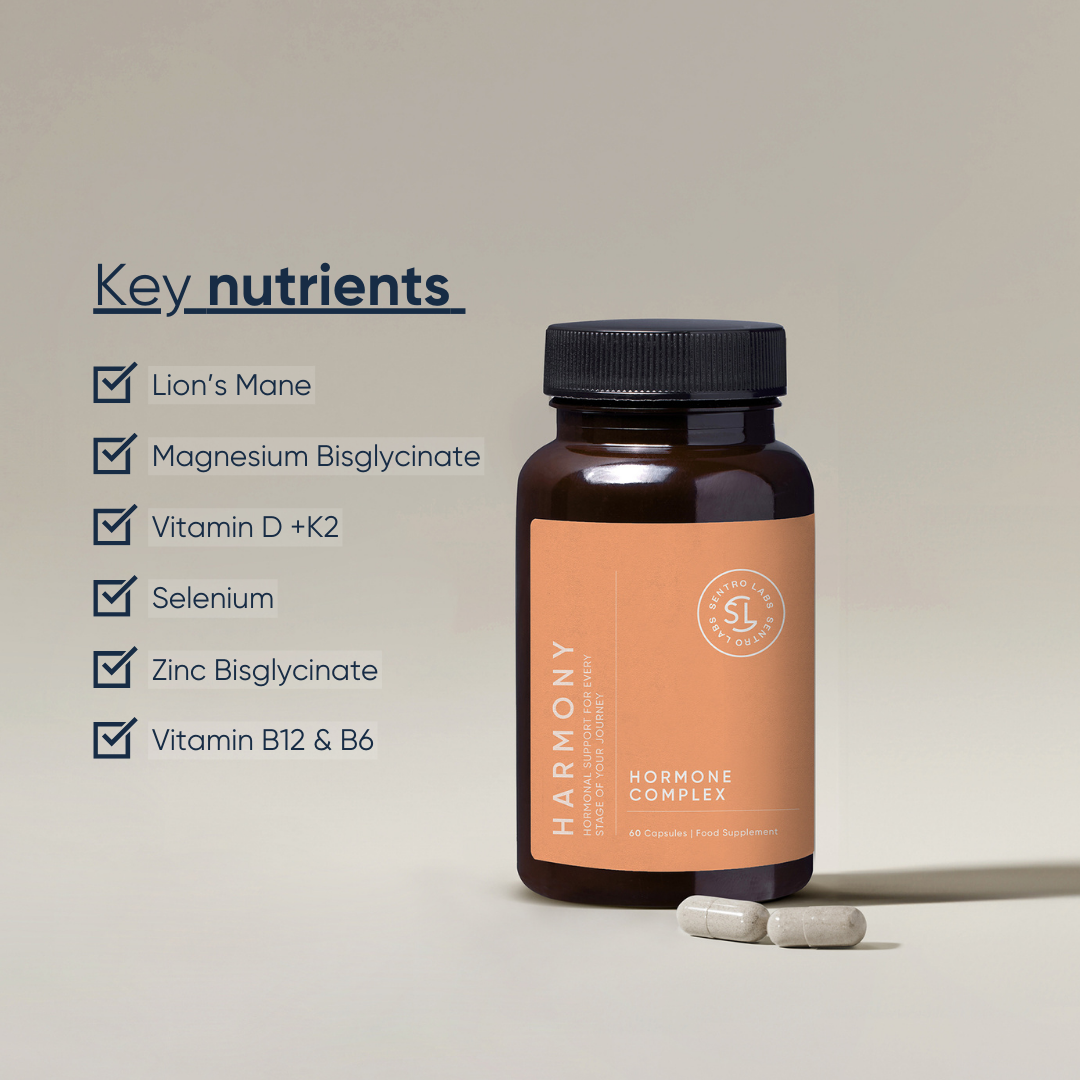
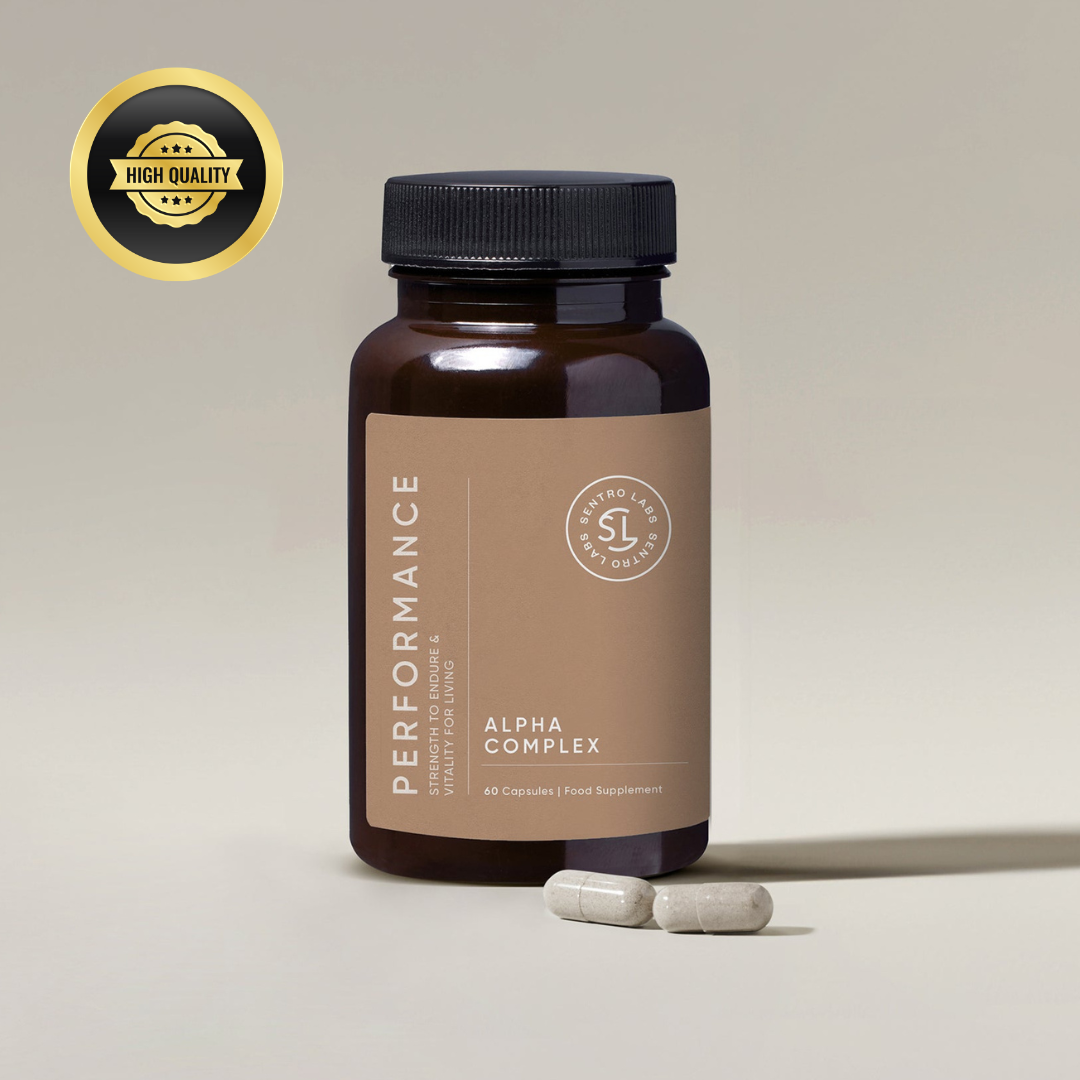
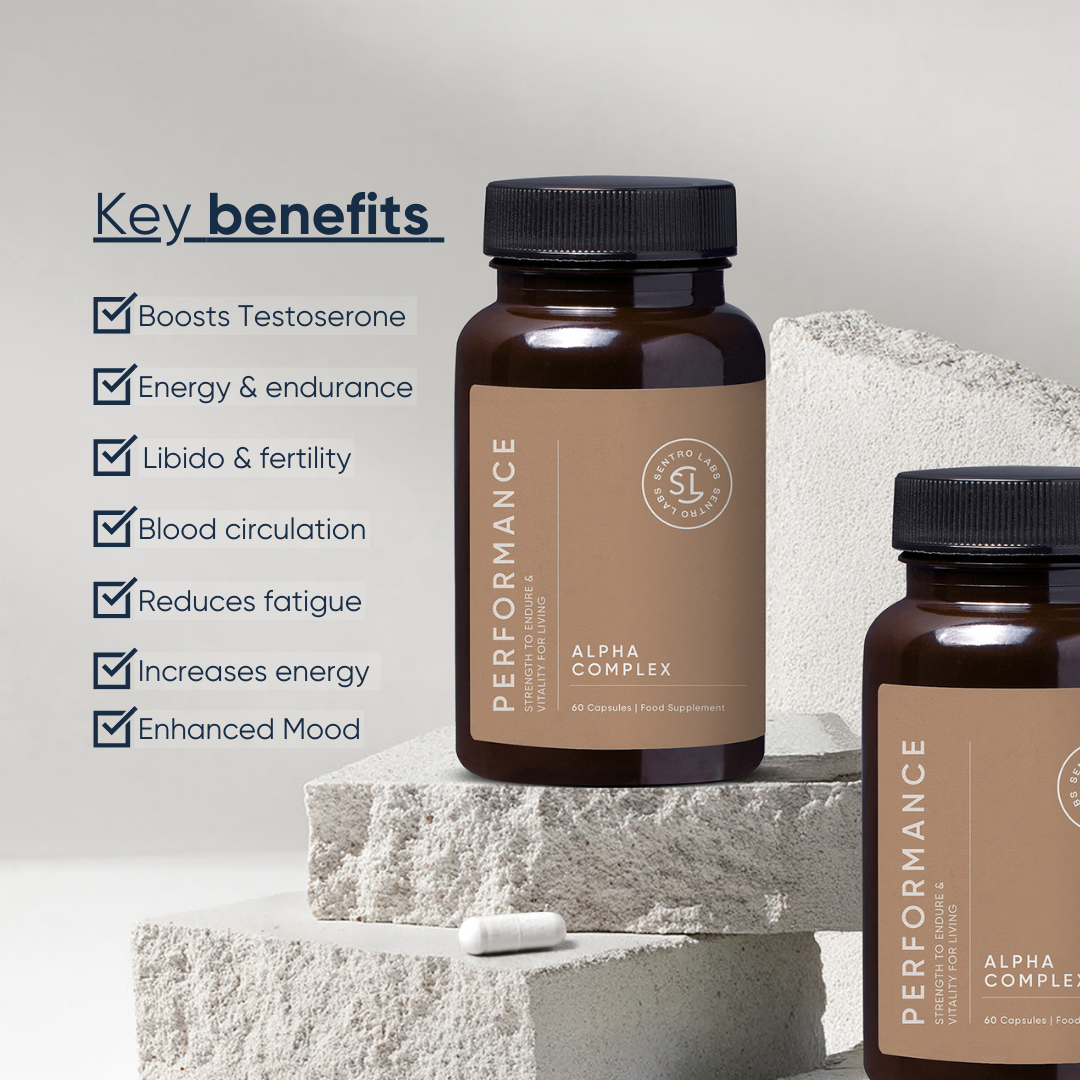
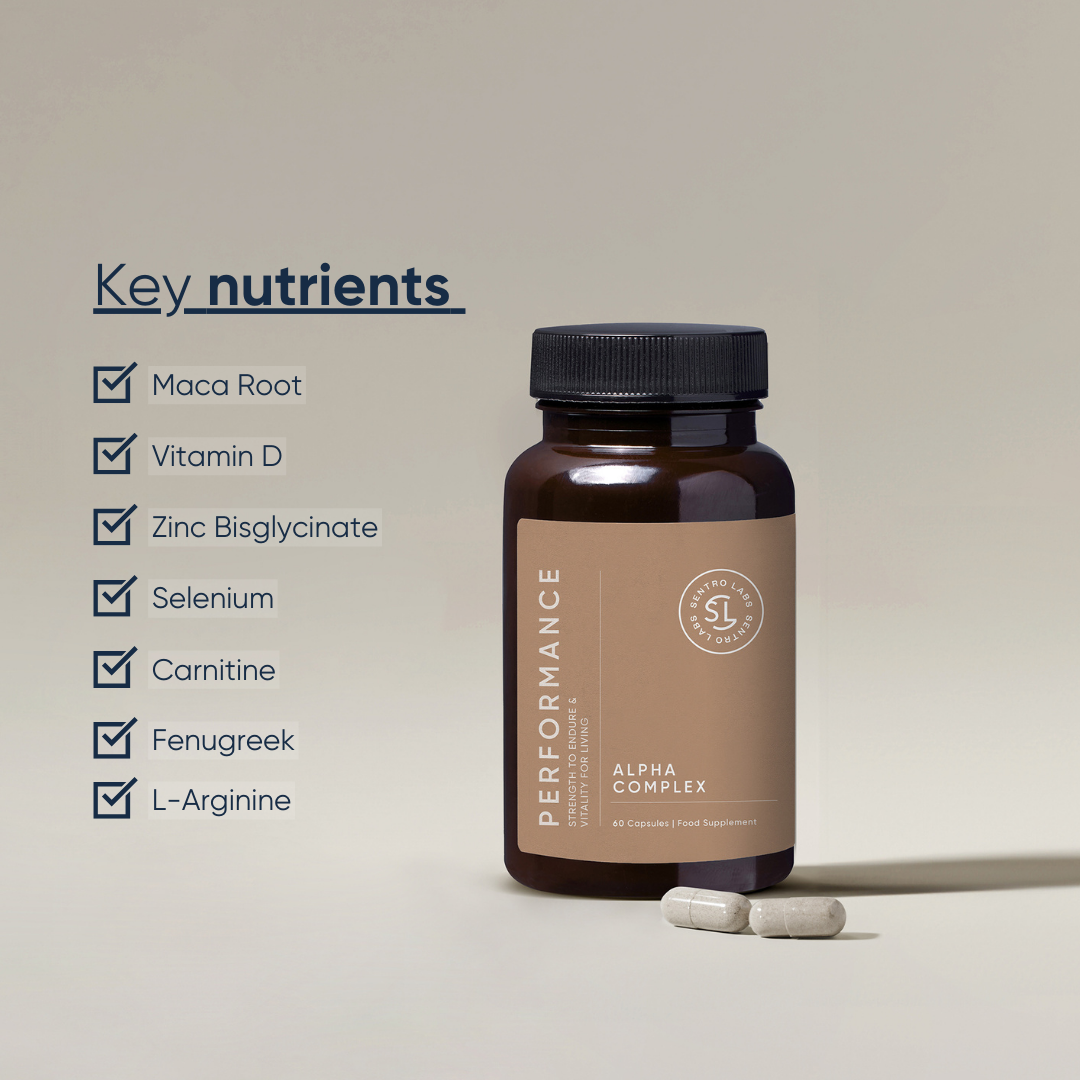
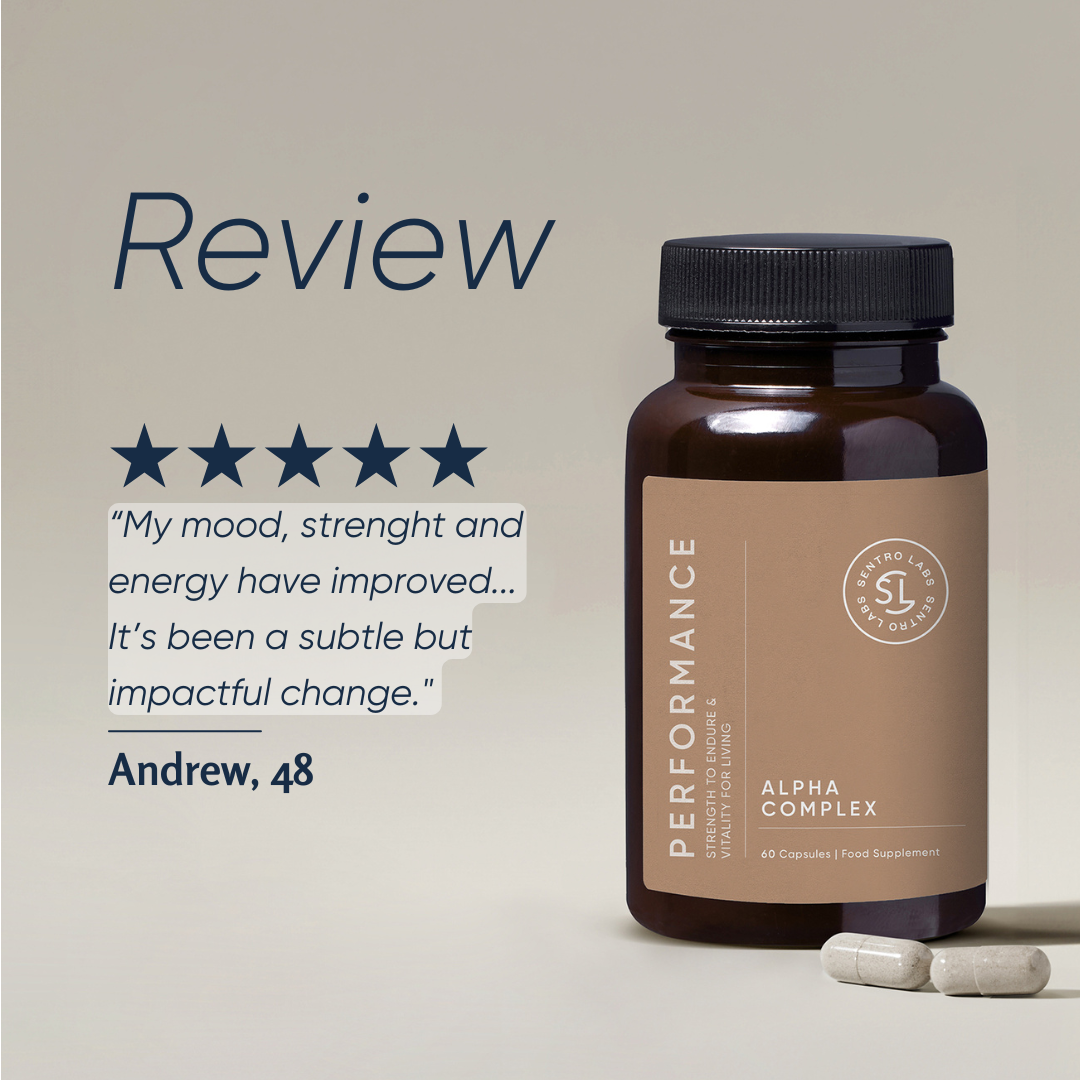


Share:
Cortisol Testing: Understanding Your Stress Hormone Levels
Is Your Cortisol Level Low? Causes, Symptoms, and Management